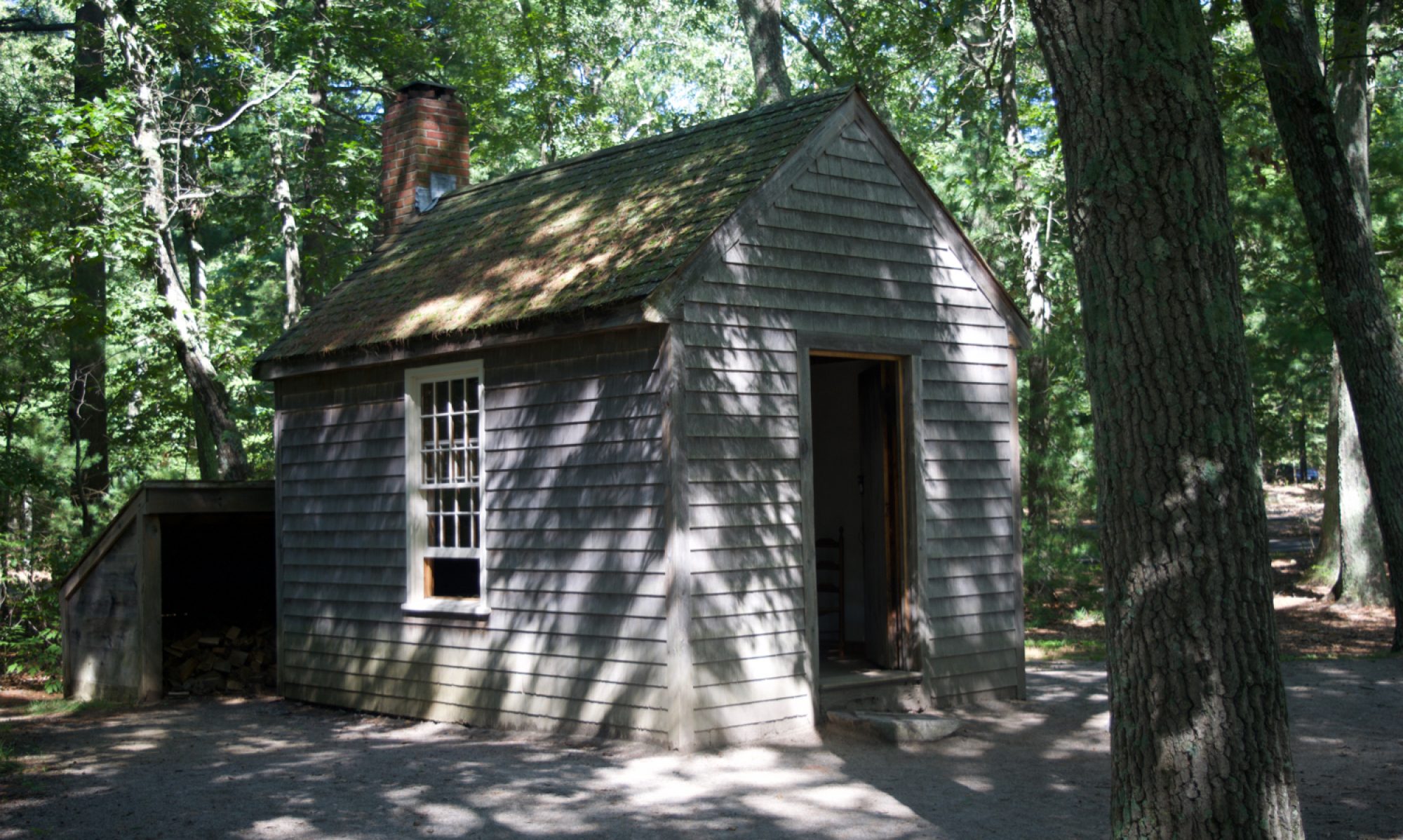 This post has galleries of photos I took of stretches of Essex beach huts at West Mersea and at Thorpe Bay in Southend-on-Sea. This was the first time I’d had a good look at some beach huts and talked to people who own them, and there’s a lot of overlap with other types of huts, cabins, and chalets that also covered by the new Hutters Facebook group.
This post has galleries of photos I took of stretches of Essex beach huts at West Mersea and at Thorpe Bay in Southend-on-Sea. This was the first time I’d had a good look at some beach huts and talked to people who own them, and there’s a lot of overlap with other types of huts, cabins, and chalets that also covered by the new Hutters Facebook group.
There are something like 20,000 beach huts in Britain but most of them are in the Southeast and Southwest of England. The most common model seems to be land the local council is prepared to rent to people in seaside resorts to put up a hut which the individual then owns, but in which they can’t stay overnight. People often own them for years or even decades, and the huts are another way of enjoying the seaside at weekends and during holidays etc. Huts like this, with the associated lease for the land, seem to resell for thousands or tens of thousands of pounds.
There are some beach huts where overnight stays are allowed, and high spec huts on those sites can go for over £100,000 or even £200,000. Huts in Mudeford in Dorset have being going for kind of money this decade, despite being on a relatively isolated strip of land.
 Back in Essex, the first place I looked at was West Mersea. There are freehold plots and council administered stretches at the beginning and end of the gallery below, and in the middle a row of identical huts that are provided by the Seaview caravan park (shown here.) I took some pictures of the back of these huts and the only customisation from the owners was the type of padlock on the storage boxes at the back. However, since the huts are owned rather than rented, this may change over time.
Back in Essex, the first place I looked at was West Mersea. There are freehold plots and council administered stretches at the beginning and end of the gallery below, and in the middle a row of identical huts that are provided by the Seaview caravan park (shown here.) I took some pictures of the back of these huts and the only customisation from the owners was the type of padlock on the storage boxes at the back. However, since the huts are owned rather than rented, this may change over time.
One feature of the rest of the area is that the beach huts are often in rows, with grass in front of some of them rather than being straight onto the sand of the beach. The rows run along the often steep ground above the beach and so still have sea views over the roof tops of the ones in front. This steepness has prompted a built up decking in front of some huts and in turn people exploit the storage underneath, to the extent of enclosing it completely and fitting a door in some cases! In other places the rows are separated by wide, flat grassy lawns and must be a lot more private in summer than those straight on the beach.
I talked to some of the owners, including the ladies in Ellfin who asked if I wanted to take a picture of the inside, and their motivations are very similar to that of the weekend hutters, the woodland log cabineers, and what the plotlands buyers talked about in the 1930s: they wanted a place away from home, that was their own so they could keep coming back to it, that was in a more natural environment than a street, and that they could decorate and modify how they wanted.
 Further south at Thorpe Bay in Southend-on-Sea, some of the beach huts sit on the tarmac of the esplanade and have pull-out wooden wind-breakers which I suspect function as tourist-breakers on sunny days to stop people continually brushing past owners sitting out in a deck chair. Thorpe Bay also has some huts with raised verandahs and decking, and probably a wider variation in size and style than West Mersea.
Further south at Thorpe Bay in Southend-on-Sea, some of the beach huts sit on the tarmac of the esplanade and have pull-out wooden wind-breakers which I suspect function as tourist-breakers on sunny days to stop people continually brushing past owners sitting out in a deck chair. Thorpe Bay also has some huts with raised verandahs and decking, and probably a wider variation in size and style than West Mersea.
West Mersea
Thorpe Bay, Southend-on-Sea







































































































